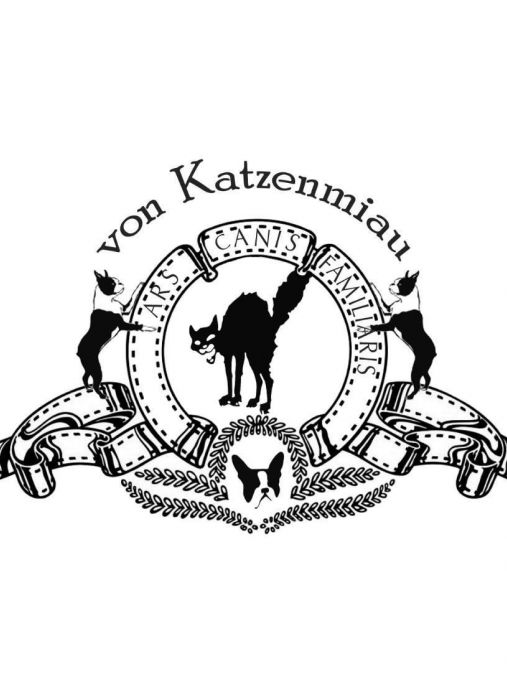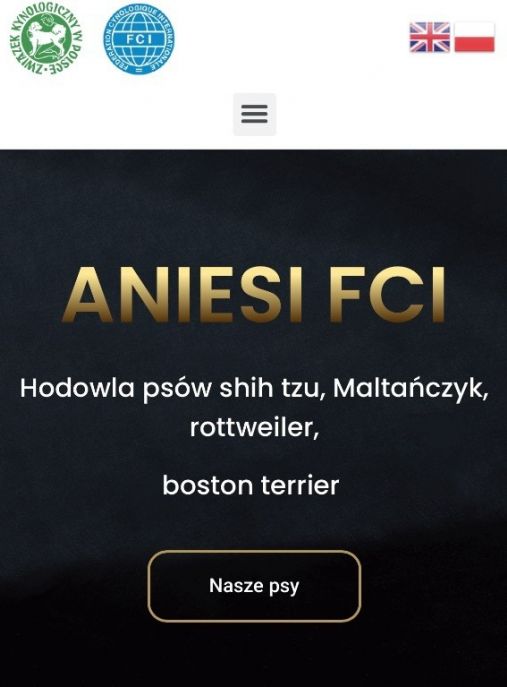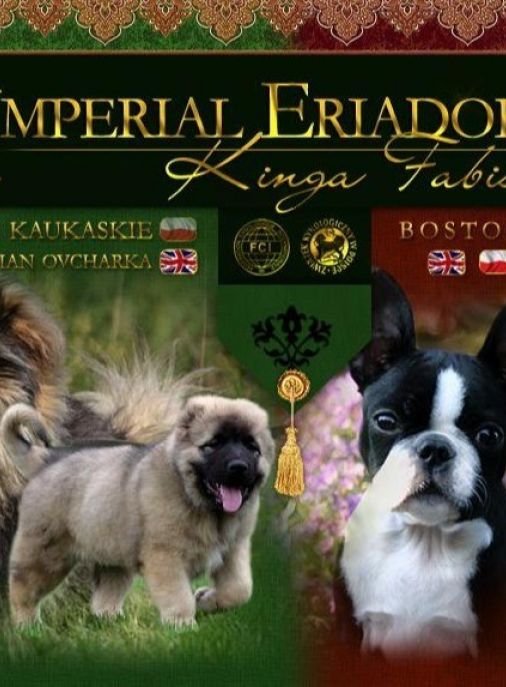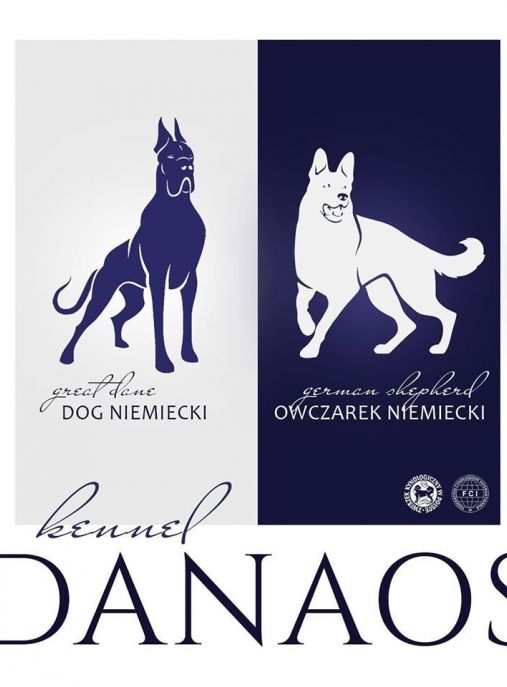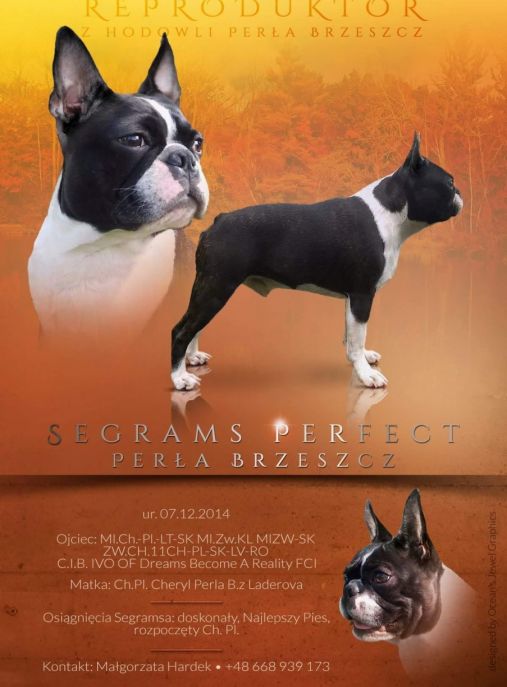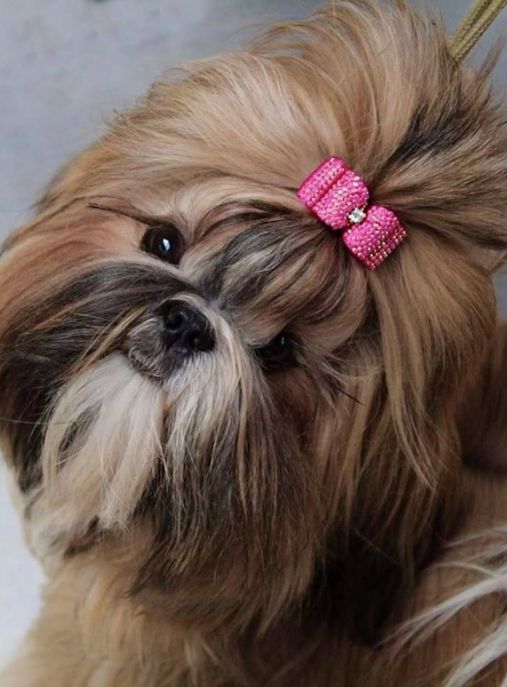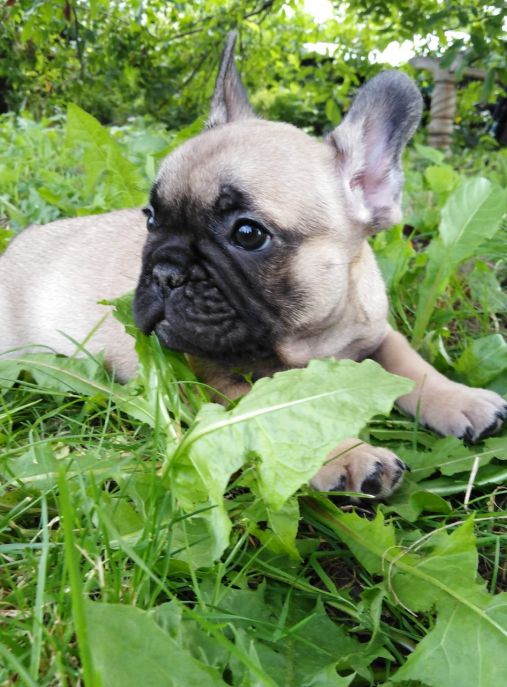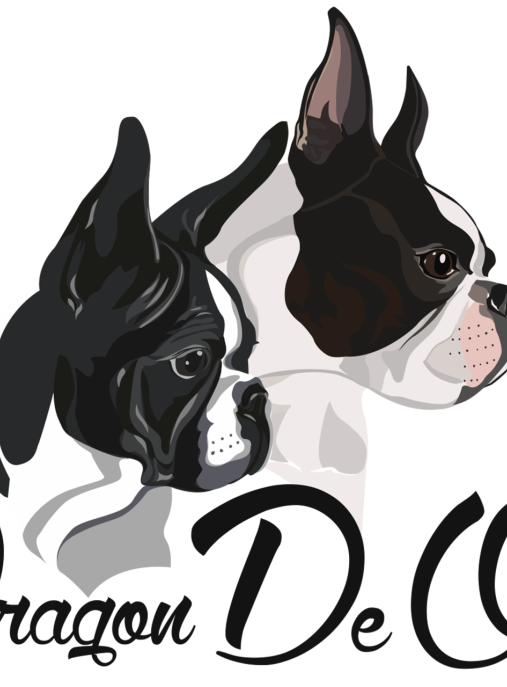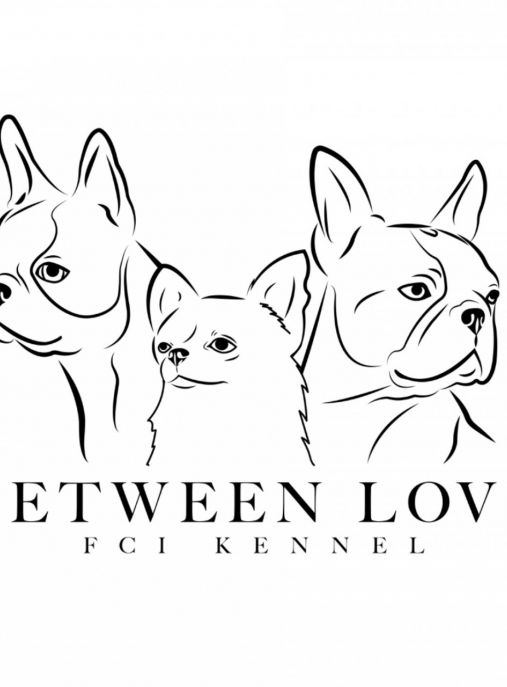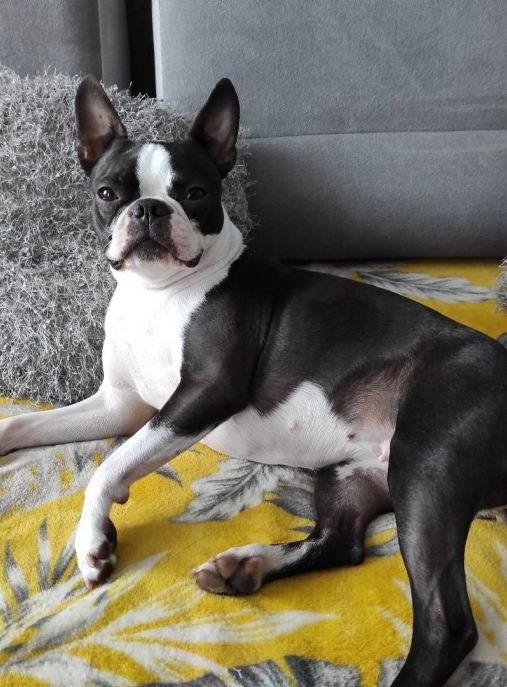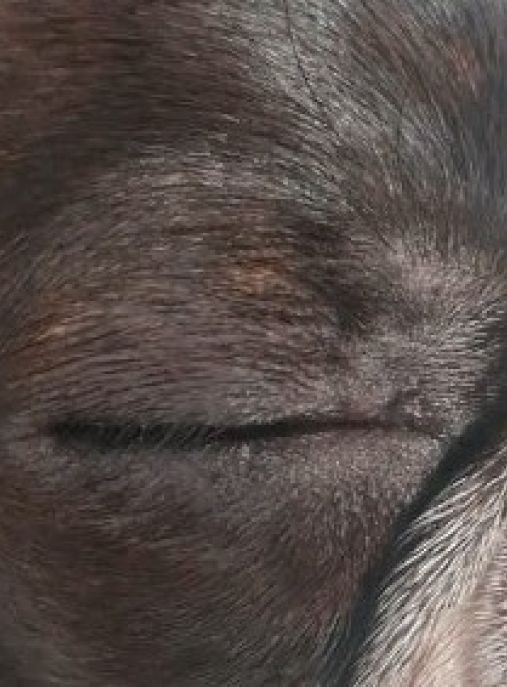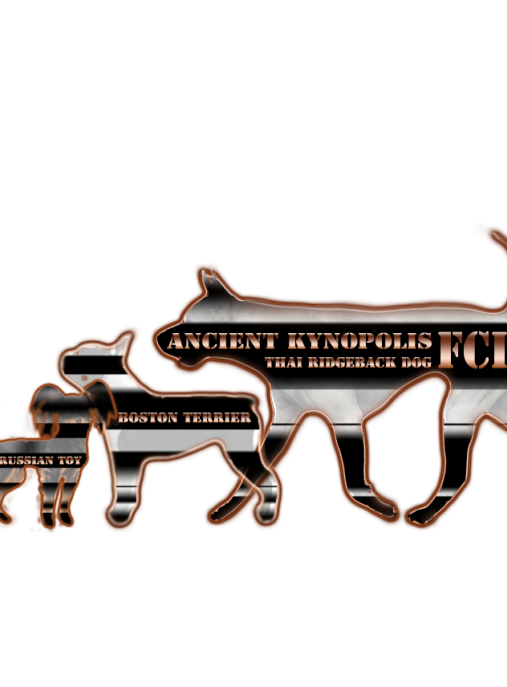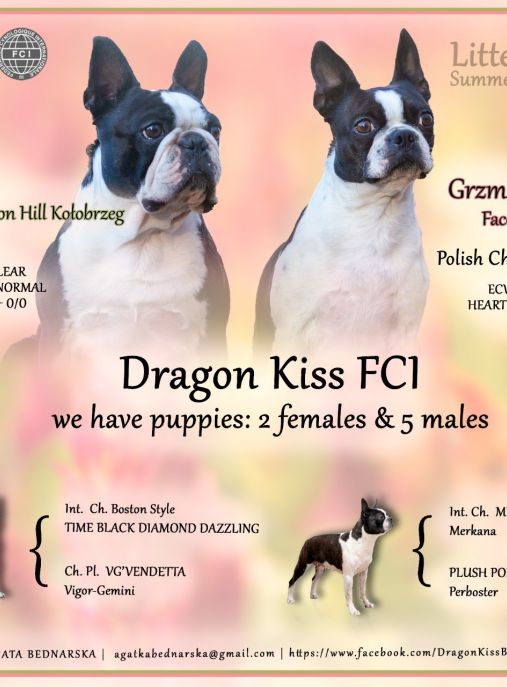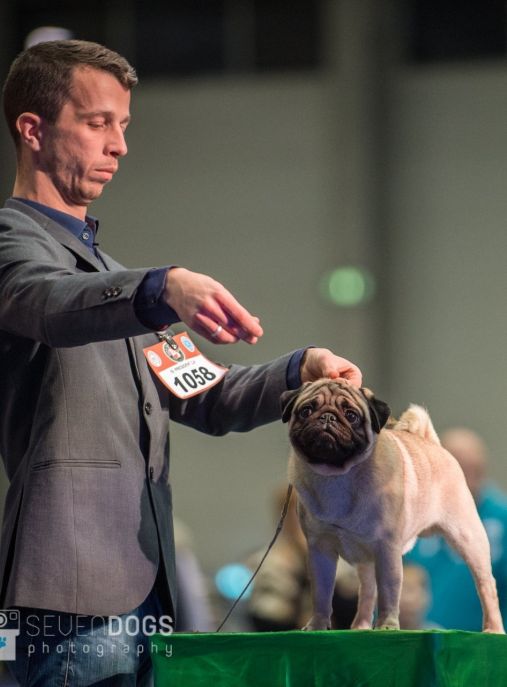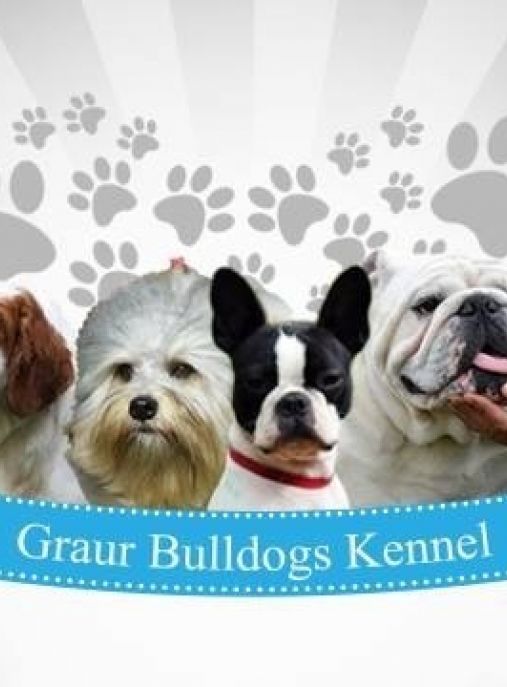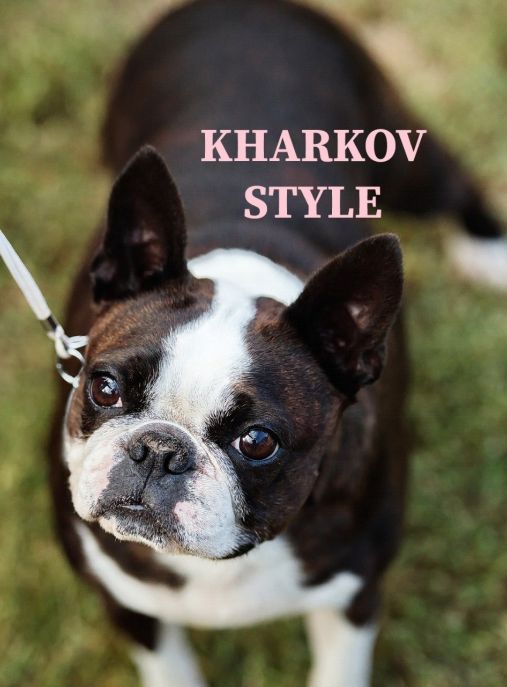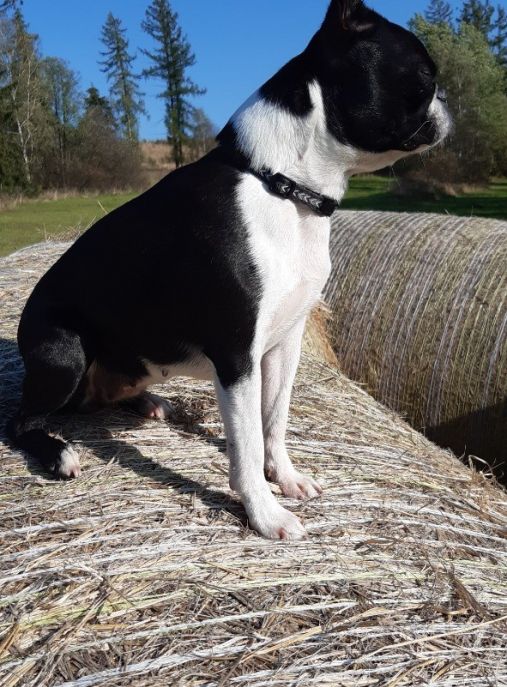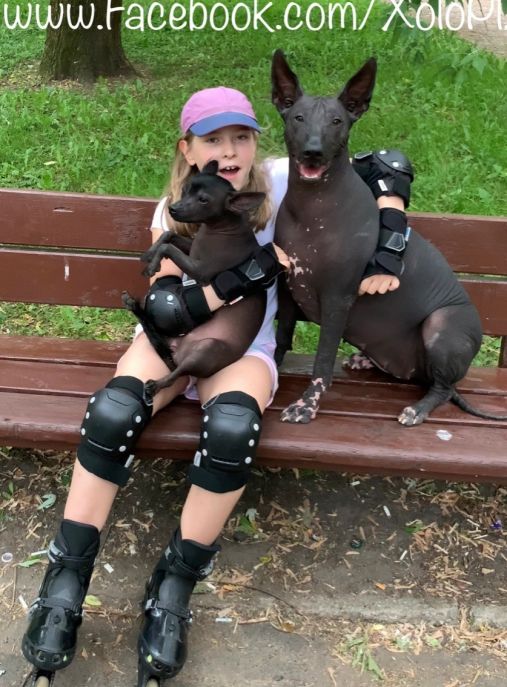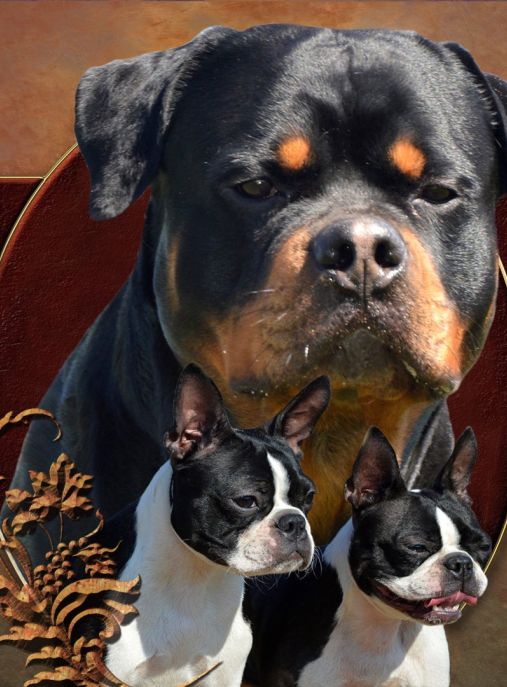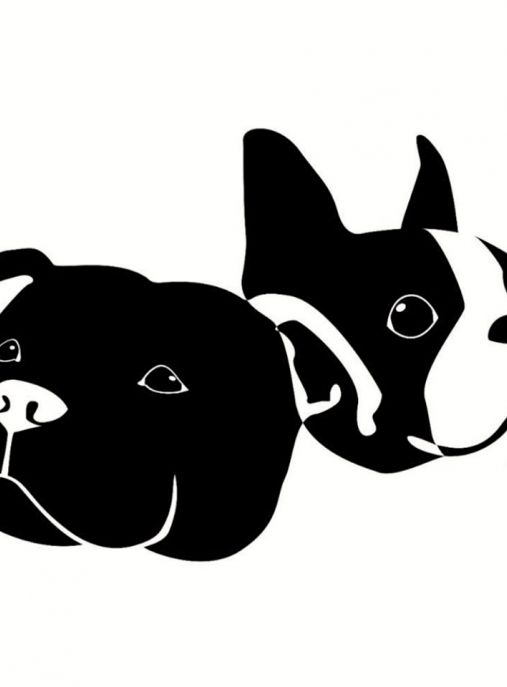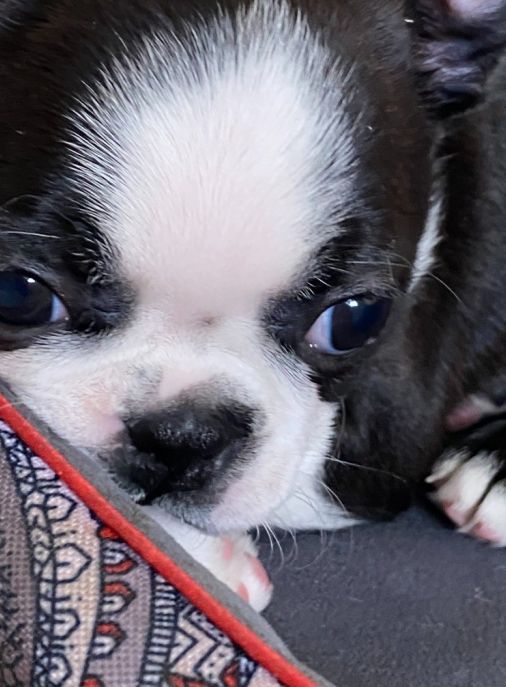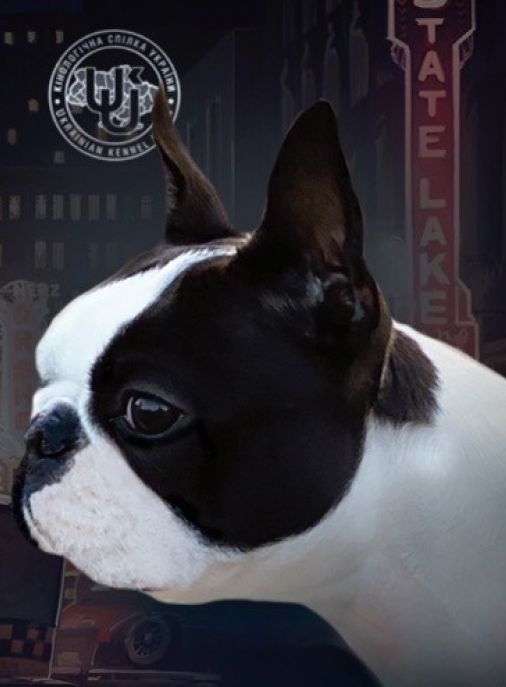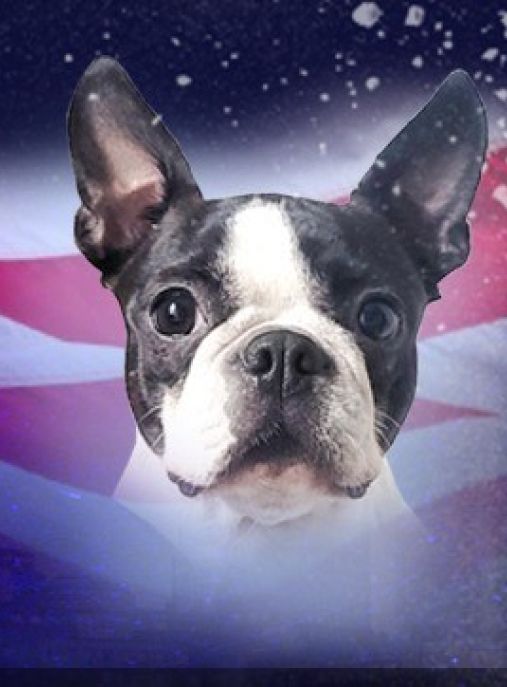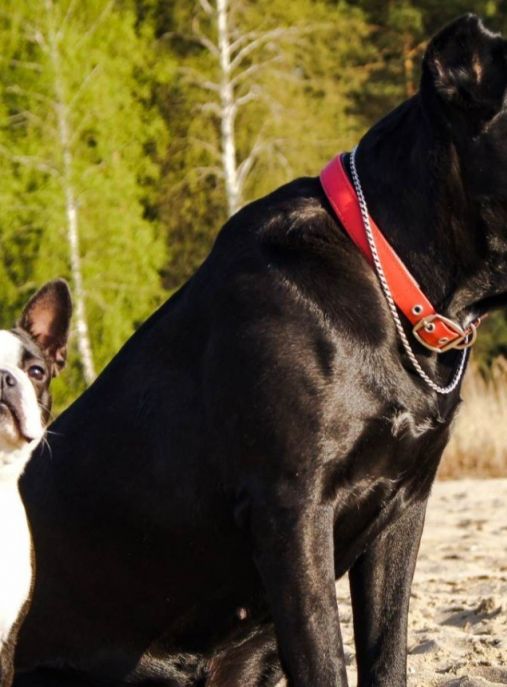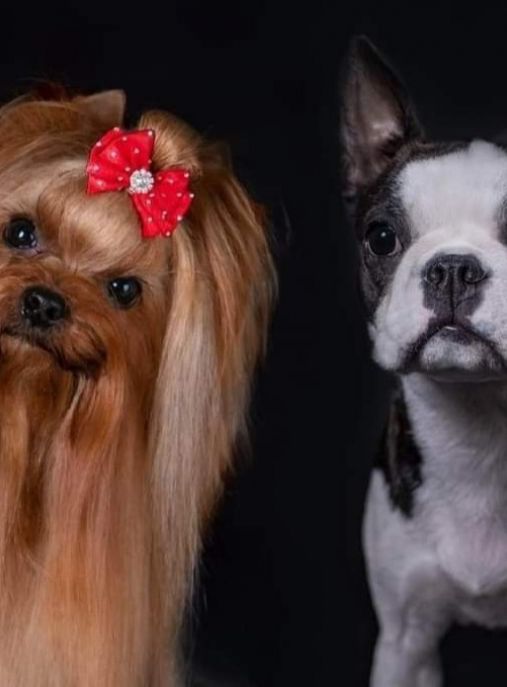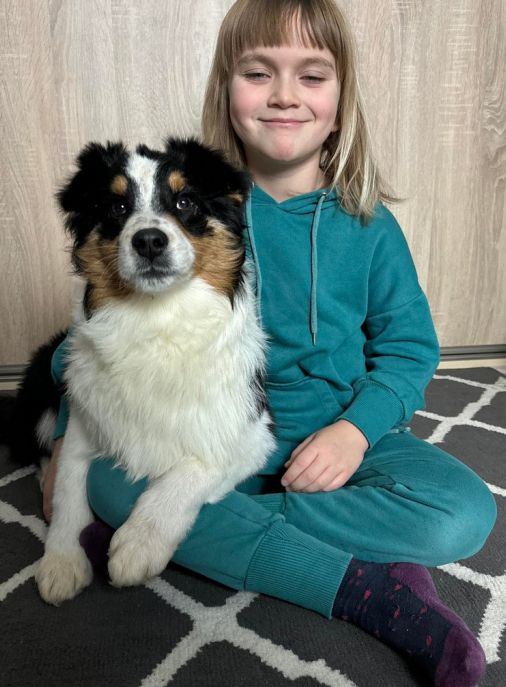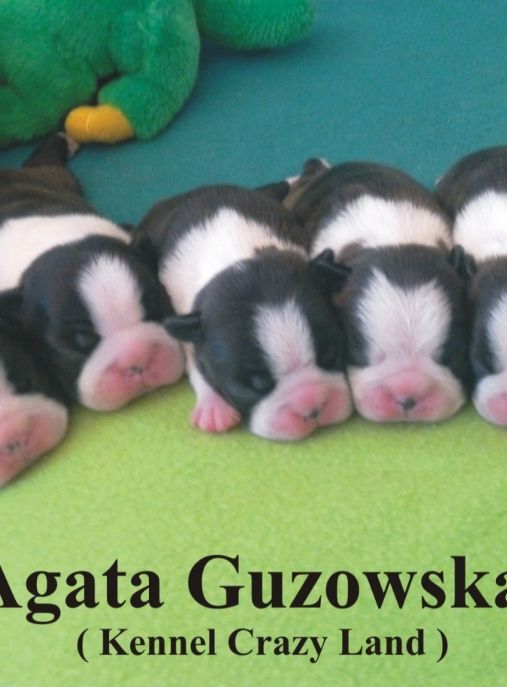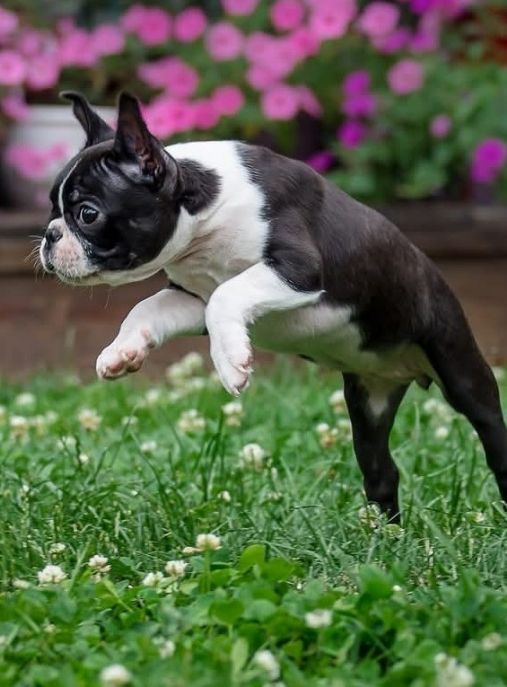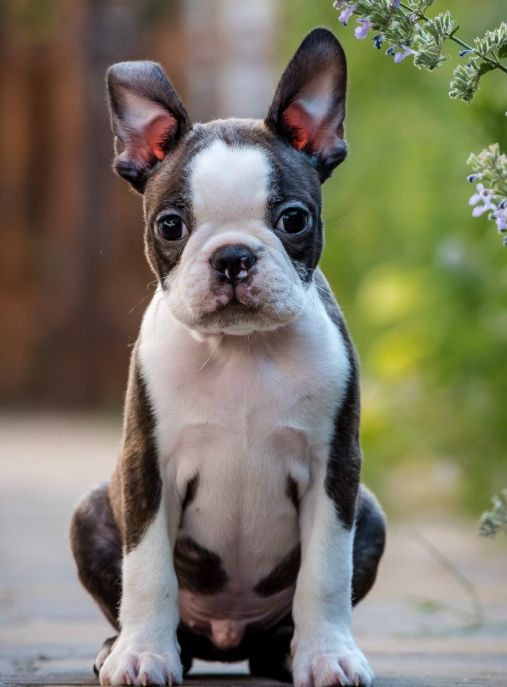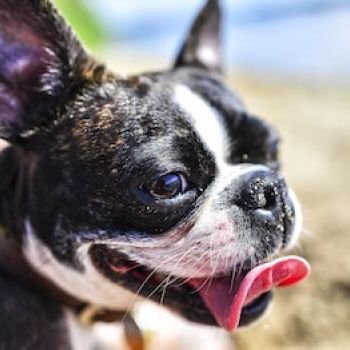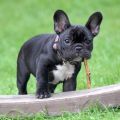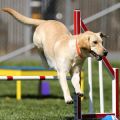The Boston Terrier, often referred to as the "American Gentleman," is a small, compact, and well-muscled breed known for its friendly and outgoing nature. With their distinctive tuxedo-like markings and expressive eyes, these dogs have captured the hearts of many dog lovers around the world. In this text, we will delve into the history, characteristics, and interesting facts about the Boston Terrier breed.
Originating in the United States during the late 19th century, the Boston Terrier breed was developed through a crossbreeding of English Bulldogs and English White Terriers (now extinct). This unique combination resulted in a breed that possessed the strength and tenacity of the Bulldog, along with the agility and intelligence of the Terrier. The breed was recognized by the American Kennel Club (AKC) in 1893, making it one of the first American breeds to be officially recognized.
According to the FCI (Fédération Cynologique Internationale) typology, the Boston Terrier belongs to Group 9 - Companion and Toy Dogs. This group includes small-sized dogs that are primarily bred for companionship and are known for their affectionate and sociable nature. Within this group, the Boston Terrier is classified under Section 11 - Small Molossian type Dogs.
Boston Terriers are highly adaptable and make excellent companions for individuals and families alike. They are known for their friendly and gentle temperament, making them great with children and other pets. Their intelligence and eagerness to please also make them relatively easy to train. However, it is important to note that they can be stubborn at times, so consistent and positive reinforcement training methods work best with this breed.
In terms of physical characteristics, Boston Terriers are small to medium-sized dogs. They typically weigh between 10 to 25 pounds (4.5 to 11 kg) and stand at a height of around 15 to 17 inches (38 to 43 cm) at the shoulder. Their compact and muscular build gives them a sturdy appearance. The breed's most distinctive feature is its large, round, and expressive eyes, which are set wide apart. Their short coat is smooth and comes in various colors, including brindle, seal, or black with white markings.
The average life expectancy of a Boston Terrier is around 11 to 15 years, which is relatively long compared to some other dog breeds. However, like all breeds, they can be prone to certain health issues. Some common health concerns for Boston Terriers include respiratory problems, eye conditions, allergies, and patellar luxation. Regular veterinary check-ups, a balanced diet, and regular exercise can help maintain their overall health and well-being.
Interesting facts about Boston Terriers include their nickname, "American Gentleman," which stems from their refined and dignified appearance. They are also known for their love of human companionship and are often referred to as "people dogs." Despite their small size, Boston Terriers have a surprisingly loud and distinctive bark, making them excellent watchdogs. Additionally, they are not known for excessive barking, which makes them suitable for apartment living.
In conclusion, the Boston Terrier is a delightful breed that combines the best qualities of both Bulldogs and Terriers. With their friendly and sociable nature, they make excellent companions for individuals and families alike. Their distinctive appearance, intelligence, and adaptability have made them a popular choice among dog lovers worldwide. Whether you're looking for a loyal and affectionate companion or a charming family pet, the Boston Terrier is sure to steal your heart.
The Boston Terrier, often referred to as the "American Gentleman," is a small, sturdy, and intelligent breed known for its friendly and affectionate nature. With their distinctive tuxedo-like markings and expressive eyes, these dogs are hard to resist. Beyond their charming appearance, Boston Terriers possess a unique character that sets them apart from other breeds.
One of the most notable traits of Boston Terriers is their friendly and sociable nature. They are incredibly people-oriented and thrive on human companionship. These dogs are known to form strong bonds with their owners and are often referred to as "velcro dogs" because they love to be by their side at all times. Whether you're watching TV, going for a walk, or simply relaxing, you can count on your Boston Terrier to be right there with you, providing endless love and companionship.
Despite their small size, Boston Terriers have a big personality. They are often described as being lively, playful, and full of energy. These dogs have a natural curiosity and enjoy exploring their surroundings. However, they are not hyperactive and can adapt well to apartment living, making them an excellent choice for urban dwellers.
Boston Terriers are generally good with children and other pets, making them a great addition to families. They are patient and tolerant, and their gentle nature makes them suitable companions for kids of all ages. However, as with any dog, it is important to supervise interactions between Boston Terriers and young children to ensure both parties are safe and comfortable.
When it comes to training, Boston Terriers are intelligent and eager to please, making them relatively easy to train. They respond well to positive reinforcement techniques, such as treats, praise, and play. Consistency and patience are key when training these dogs, as they can be sensitive to harsh discipline. Early socialization is also crucial to ensure they grow up to be well-rounded and confident adults.
While Boston Terriers are generally well-behaved, they can be prone to some stubbornness. They have a strong will and may try to assert their independence at times. However, with proper training and consistent leadership, these tendencies can be managed effectively.
Exercise is essential for Boston Terriers to maintain a healthy weight and prevent boredom. Despite their small size, they have moderate exercise needs and enjoy daily walks, playtime, and mental stimulation. However, it is important to avoid excessive exercise in extreme weather conditions due to their brachycephalic (short-nosed) structure, which can make them prone to overheating.
Grooming a Boston Terrier is relatively low-maintenance. Their short coat requires regular brushing to remove loose hair and keep it looking neat. Additionally, their prominent eyes should be cleaned regularly to prevent any potential eye issues.
In conclusion, Boston Terriers are delightful companions with a charming character. Their friendly and affectionate nature, combined with their intelligence and adaptability, make them an ideal choice for families and individuals alike. With proper training, socialization, and care, these little "American Gentlemen" will bring joy and love to their owners for many years to come.
Boston Terriers are a delightful breed known for their friendly and affectionate nature. To ensure their overall well-being and happiness, it is essential to provide them with proper care. Here is an extensive description of recommended care for Boston Terrier dogs, including tips on what to do and what not to do.
1. Exercise: Boston Terriers are energetic dogs that require regular exercise to maintain a healthy weight and prevent boredom. Aim for at least 30 minutes of exercise daily, such as brisk walks, playtime in a secure yard, or interactive games like fetch. However, be cautious not to overexert them, especially in extreme weather conditions, as they are prone to overheating due to their short snouts.
2. Grooming: Boston Terriers have a short, smooth coat that is relatively easy to maintain. Brush them weekly to remove loose hair and keep their coat shiny. Regularly check their ears for signs of infection or excessive wax buildup, and clean them gently with a veterinarian-approved ear cleaner. Trim their nails regularly, being careful not to cut too close to the quick.
3. Feeding: Provide a balanced and nutritious diet to support your Boston Terrier's overall health. Choose high-quality dog food that is appropriate for their age, size, and activity level. Avoid overfeeding, as Boston Terriers are prone to obesity, which can lead to various health issues. Consult your veterinarian for specific dietary recommendations.
4. Health care: Regular veterinary check-ups are crucial to monitor your Boston Terrier's health and catch any potential issues early on. Vaccinations, parasite prevention, and dental care should be part of their routine healthcare. Boston Terriers are prone to certain health conditions, including allergies, eye problems, and respiratory issues. Stay vigilant for any signs of discomfort or unusual behavior and seek veterinary attention promptly.
5. Training and socialization: Boston Terriers are intelligent and eager to please, making them relatively easy to train. Start training early, using positive reinforcement techniques such as treats, praise, and play. Socialize them from a young age by exposing them to various people, animals, and environments to ensure they grow up to be well-rounded and confident dogs.
6. Mental stimulation: Boston Terriers thrive on mental stimulation, so provide them with interactive toys, puzzle games, and regular playtime. Engage in activities that challenge their minds, such as obedience training or scent work. Mental stimulation helps prevent boredom and destructive behaviors.
7. Temperature control: Due to their short snouts and compromised respiratory systems, Boston Terriers are sensitive to extreme temperatures. Avoid exposing them to excessive heat or cold, as they can struggle to regulate their body temperature. Provide a comfortable indoor environment with proper ventilation and consider using cooling mats or jackets during hot weather.
What not to do:
1. Do not leave your Boston Terrier alone for extended periods. They are social dogs and thrive on human companionship. Leaving them alone for too long can lead to separation anxiety and destructive behaviors.
2. Avoid overfeeding or feeding them inappropriate human food. Boston Terriers have a tendency to gain weight easily, which can lead to health issues. Stick to a balanced diet and consult your veterinarian for portion control.
3. Do not engage in rough play or allow them to jump from heights. Boston Terriers are prone to spinal injuries, so it's important to protect their backs by avoiding activities that could cause harm.
4. Never ignore signs of discomfort or health issues. Boston Terriers may exhibit subtle signs of pain or illness, so it's crucial to pay attention to any changes in behavior, appetite, or energy levels. Seek veterinary care promptly if you notice anything concerning.
By following these tips and providing proper care, you can ensure that your Boston Terrier lives a happy, healthy, and fulfilling life as a beloved member of your family.
The Boston Terrier, a small and lively breed, is known for its distinctive coat coloration. The common color of Boston Terrier dogs is a striking combination of black and white. This unique color pattern is often referred to as "brindle" or "seal."
The base color of the Boston Terrier's coat is typically black, which covers the majority of their body. However, it is important to note that the black coloration may vary in intensity, ranging from a deep, rich black to a slightly lighter shade. This black color serves as the backdrop for the breed's characteristic white markings.
The white markings on a Boston Terrier are what truly set them apart. These markings are usually found on the face, chest, neck, and paws. The most prominent white marking is often a white blaze, which runs from the forehead down to the muzzle, giving the dog a distinctive "tuxedo" appearance. Additionally, a white chest, known as a "bib," is commonly seen on Boston Terriers. This bib may extend down to the belly, creating a striking contrast against the black coat.
In addition to the black and white coloration, some Boston Terriers may also exhibit brindle markings. Brindle refers to a pattern of dark stripes or streaks that appear on the black areas of the coat. These stripes can range in color from a lighter brown to a deep, reddish hue. The brindle pattern adds an extra layer of visual interest to the already eye-catching coat of the Boston Terrier.
It is worth mentioning that while the black and white coloration is the most common, Boston Terriers can also come in other color variations. Some individuals may have a predominantly white coat with minimal black markings, while others may have a combination of black, white, and brown. However, these color variations are less common and not as widely recognized as the classic black and white coat.
The color of a Boston Terrier's coat is not only visually appealing but also serves as a defining characteristic of the breed. This unique coloration, combined with their compact size and friendly demeanor, makes Boston Terriers easily recognizable and beloved by dog enthusiasts worldwide. Whether they are strutting their stuff in the show ring or simply enjoying a leisurely walk in the park, the black and white coat of a Boston Terrier is sure to turn heads and capture hearts.
The Boston Terrier, a small and lively breed, is known for its charming personality and distinctive appearance. While generally a healthy breed, Boston Terriers are prone to certain health issues that owners should be aware of to ensure their furry companions lead a happy and fulfilling life.
One of the most common health concerns in Boston Terriers is brachycephalic airway syndrome. Due to their short snouts and flat faces, these dogs can experience difficulty breathing, especially in hot or humid weather. This condition can lead to snoring, wheezing, and even collapse in severe cases. To mitigate this, it is crucial to keep Boston Terriers in a cool and well-ventilated environment, avoid excessive exercise in extreme temperatures, and provide plenty of fresh water.
Another prevalent health issue in Boston Terriers is allergies. These dogs can be sensitive to various allergens such as pollen, dust mites, or certain foods. Allergies often manifest as itching, skin irritations, ear infections, and gastrointestinal problems. Regular grooming, including bathing and brushing, can help reduce allergens on the dog's coat. Additionally, a balanced diet with high-quality ingredients and consultation with a veterinarian can help identify and manage potential food allergies.
Eye problems are also common in Boston Terriers. They are prone to conditions like cataracts, corneal ulcers, and cherry eye. Regular eye examinations by a veterinarian are essential to detect any issues early on. Owners should keep an eye out for symptoms such as redness, discharge, excessive tearing, or cloudiness in the eyes. Proper eye care, including regular cleaning and avoiding exposure to irritants like smoke or dust, can help maintain good eye health.
Patellar luxation, a condition where the kneecap slips out of place, is another concern in Boston Terriers. This can cause lameness, pain, and difficulty walking. While not always preventable, maintaining a healthy weight and avoiding excessive jumping or rough play can reduce the risk of this condition. Regular exercise, such as short walks or play sessions, can help keep their joints strong and prevent obesity.
Boston Terriers are also prone to certain genetic disorders, including deafness and heart problems such as mitral valve disease. Regular check-ups with a veterinarian, including cardiac evaluations and hearing tests, can help detect these conditions early on. Responsible breeding practices, such as health screenings for parent dogs, can also help reduce the incidence of genetic disorders.
To ensure the overall well-being of Boston Terriers, a balanced diet is crucial. Feeding them high-quality dog food that meets their nutritional needs is essential. Regular exercise, mental stimulation, and socialization are also important for their physical and mental health. Additionally, routine veterinary visits, vaccinations, parasite prevention, and dental care are vital aspects of their healthcare routine.
In conclusion, while Boston Terriers are generally healthy dogs, they are prone to specific health issues that require careful attention. By being aware of these common conditions and taking proactive measures, such as regular veterinary check-ups, proper grooming, and a balanced lifestyle, owners can ensure their Boston Terriers live long, happy, and healthy lives.
The Boston Terrier is a small, lively, and intelligent breed that requires a well-balanced and nutritious diet to maintain optimal health and vitality. Proper nutrition plays a crucial role in their overall well-being, including their physical development, immune system, and energy levels. In this text, we will delve into the nutritional needs of Boston Terriers, offering advice on what and how to feed them, as well as highlighting certain foods to avoid.
To ensure your Boston Terrier receives the necessary nutrients, it is recommended to feed them high-quality commercial dog food specifically formulated for small breeds. Look for brands that list real meat as the first ingredient, such as chicken, beef, or fish. Avoid products that contain fillers, by-products, or artificial additives, as these can be detrimental to your dog's health.
Protein is an essential component of a Boston Terrier's diet, as it aids in muscle development and repair. Aim for a dog food that contains at least 20-25% protein. Additionally, fats are a valuable source of energy for these active dogs. Look for foods with a moderate fat content, around 10-15%, to prevent weight gain and maintain a healthy coat.
Carbohydrates are another important aspect of a Boston Terrier's diet, providing energy for their daily activities. Opt for dog foods that include whole grains like brown rice or oats, as they offer more nutritional value compared to refined grains. Fiber-rich vegetables like sweet potatoes, peas, and carrots can also be included in their diet to aid digestion.
Feeding guidelines for Boston Terriers vary depending on their age, weight, and activity level. Puppies require more frequent meals, typically three to four times a day, while adult dogs can be fed twice a day. It is important to measure the appropriate portion sizes according to the feeding guidelines provided on the dog food packaging. Overfeeding can lead to obesity, which can cause various health issues in Boston Terriers.
In addition to their regular meals, it is essential to provide fresh water at all times. Hydration is crucial for their overall health and helps regulate body temperature. Ensure that the water bowl is clean and easily accessible for your Boston Terrier.
While there are many foods that are safe for Boston Terriers, there are certain items that should be avoided. Chocolate, caffeine, alcohol, and foods containing xylitol (a sugar substitute) are toxic to dogs and can cause serious health problems. Onions, garlic, grapes, raisins, and avocados are also harmful and should be kept away from your Boston Terrier's diet.
Furthermore, it is important to avoid feeding your Boston Terrier table scraps or human food on a regular basis. While it may be tempting to share your meals with them, many human foods are high in salt, sugar, and unhealthy fats, which can lead to obesity, pancreatitis, or other health issues.
In conclusion, providing a well-balanced and nutritious diet is essential for the health and well-being of Boston Terriers. Opt for high-quality commercial dog food that contains real meat, whole grains, and vegetables. Avoid foods that are toxic to dogs and refrain from feeding them table scraps. By following these guidelines, you can ensure that your Boston Terrier receives the proper nutrition to thrive and live a long, healthy life.
